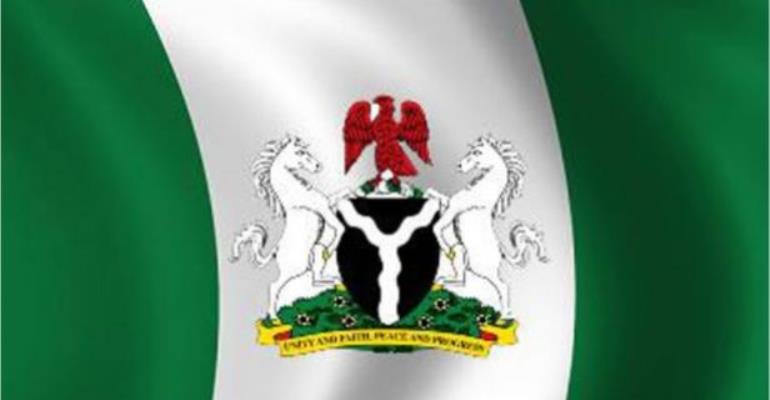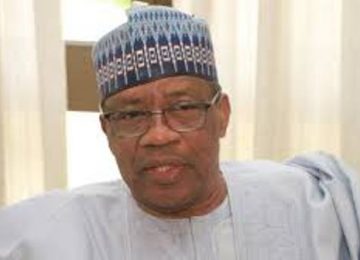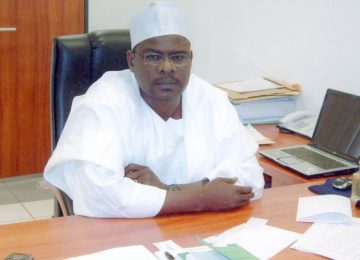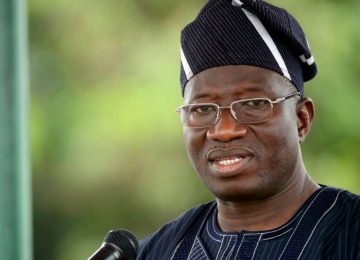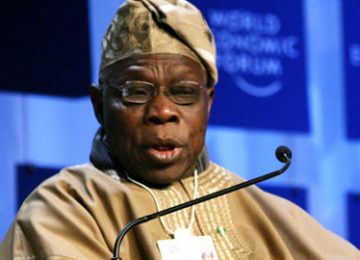Not less than $670 million is spent on security votes in Nigeria every year, a new report by Transparency International Defence and Security (TIDS) and the Civil Society Legislative Advocacy Center (CISLAC) has revealed.
The report, titled ‘Camouflaged Cash’, was launched in Abuja on Monday.
According to the report, the $670m is more than the annual budget of the Nigerian army — which was allocated N139.8 billion in the 2017 budget.
What are security votes?
They are funds that are disbursed to cover unforeseen security needs in the country. “Very often transacted in cash,” they are usually at the discretion of public officials, without being subject to independent audit.
According to the report, the $670 million is:
- More than the annual budget of the Nigerian air force and Nigerian navy combined.
More than 70% of the annual budget of the Nigerian Police Force
More than nine times the US security assistance since 2012
More than 12 times the UK counter terrorism support for 2016 – 2020
CISLAC executive director, Auwal Rafsanjani, told TheCable that the security votes considered for the report include that of the federal and state governments, but added not all states provided information about theirs.
The groups said the security votes are usually unaccounted for and “secretive,”describing it as “one of the most durable forms of corruption in Nigeria”.
They also said an estimated $15 billion was allegedly stolen from Nigeria’s defence sector by former military chiefs.
“By prioritising security vote spending, less funding is available for Nigerian forces to pay salaries or procure needed supplies, leaving them underequipped to fight Boko Haram,” the statement read.
“They also offer major potential sources of funding to tilt political campaigns, stoking tensions at a critical time.”
Katherine Dixon, director of TIDS, said: “Instead of addressing its many urgent threats, the ever-increasing use of security votes is providing corrupt officials with an easy-to-use and entirely hidden slush fund.
“Corruption in the crucial sector of defence and security plays right into the hands of those who seek to sow the seeds of instability and terror.
“It leaves armed forces under-resourced in the fight against Boko Haram and feeds groups who may destabilize the elections.”
Rafsanjani said ahead of the 2019 general election, candidates should agree to “phase out this secretive and dated form of spending”.
He said: “Any candidates serious about fighting corruption in Nigeria will recognise the need to urgently address the problem of security votes.”
The groups recommended that the national assembly should pass a law “outlawing security votes at all levels, to be accompanied by legislation specifying budgeting procedures and criteria for security expenditure”.
They also said there is a need to “establish effective oversight structures to ensure existing spending is appropriate, and support state governments to set up security trust funds as a constructive first step to phasing out security votes”.


